“Sowing Seeds,” in the January-February 2014 Harvard Magazine, reports on an alumni-founded social enterprise, Proximity Designs, working in Myanmar to boost farmers' incomes with affordable rural technologies. The article also describes the collaboration between Proximity Designs and economic and policy analysts at Harvard who study the country's shattered economy, its prospects for growth, and broad changes needed in governance and civic life to bring about better lives for Myamnar’s largely impoverished people. These images supplement the photographs accompanying the article; they show Proximity Designs' products and services as they are manufactured, distributed, and used in Myanmar today.
In Myanmar, with Proximity Designs
A social enterprise works to improve farmers' economic prospects

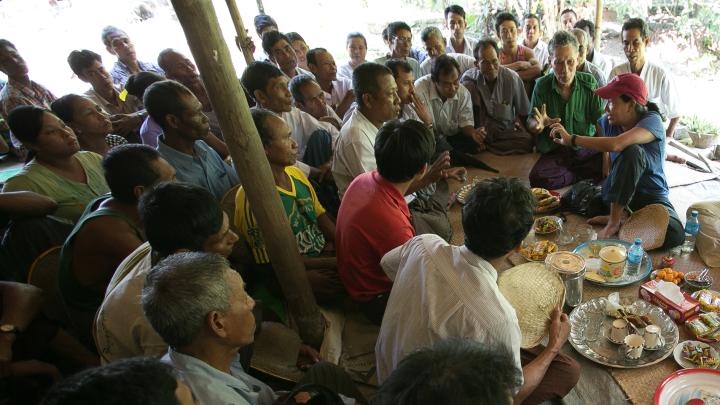
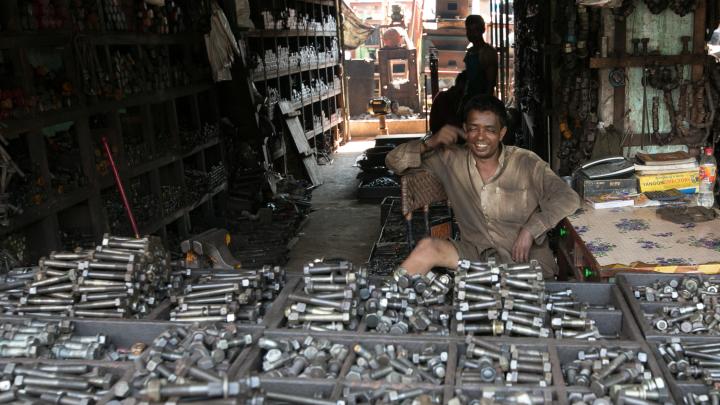
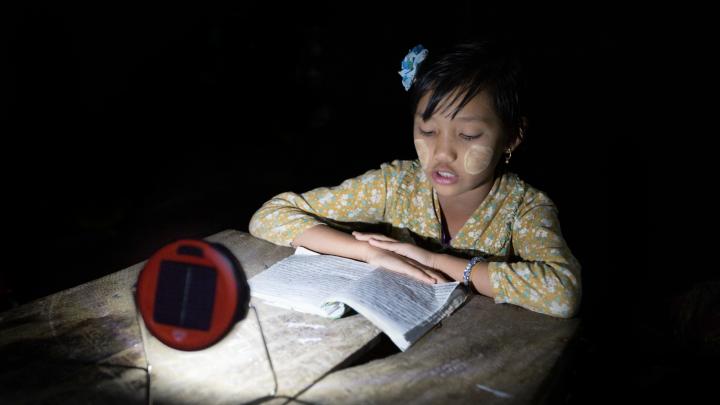
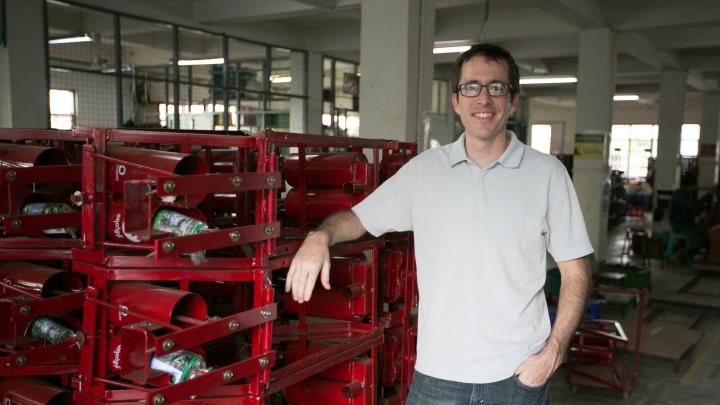
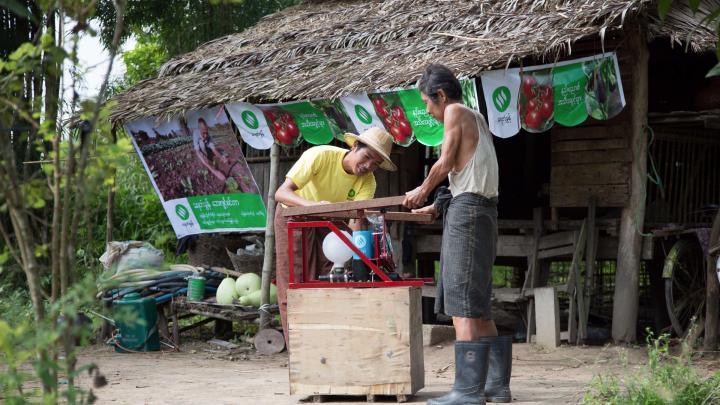
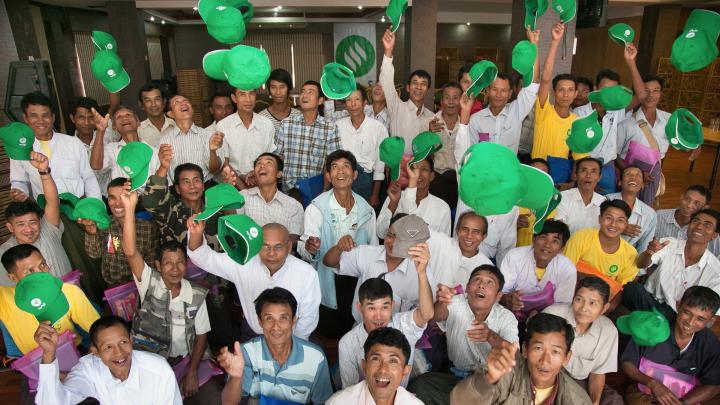
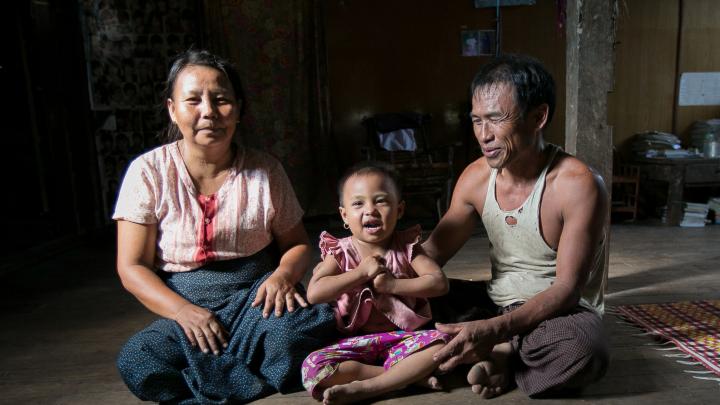
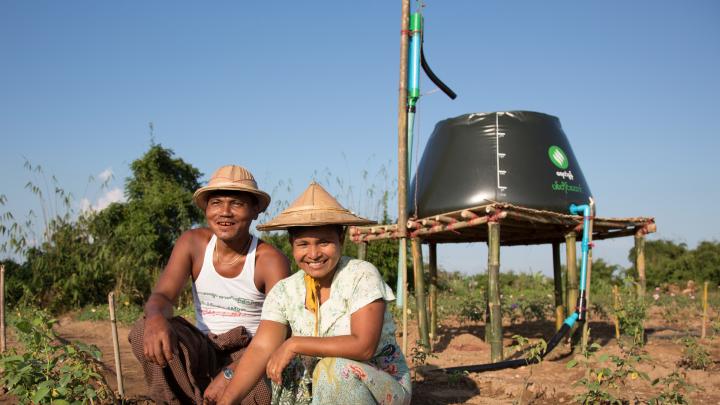
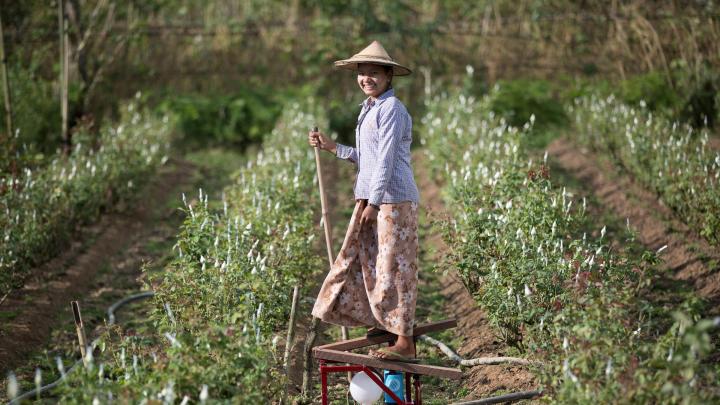
You might also like
Breaking Bread
Alexander Heffner ’12 plumbs the state of democracy.
Reading the Winds
Thai sailor Sophia Montgomery competes in the Olympics.
Chinese Trade Dragons
How Will China’s Rapid Growth in the Clean Technology Industry Reshape U.S.-China Policy?
Most popular
More to explore
Harvard Philosophy Professor Alison Simmons on "Being a Minded Thing"
A philosopher on perception, the canon, and being “a minded thing”







